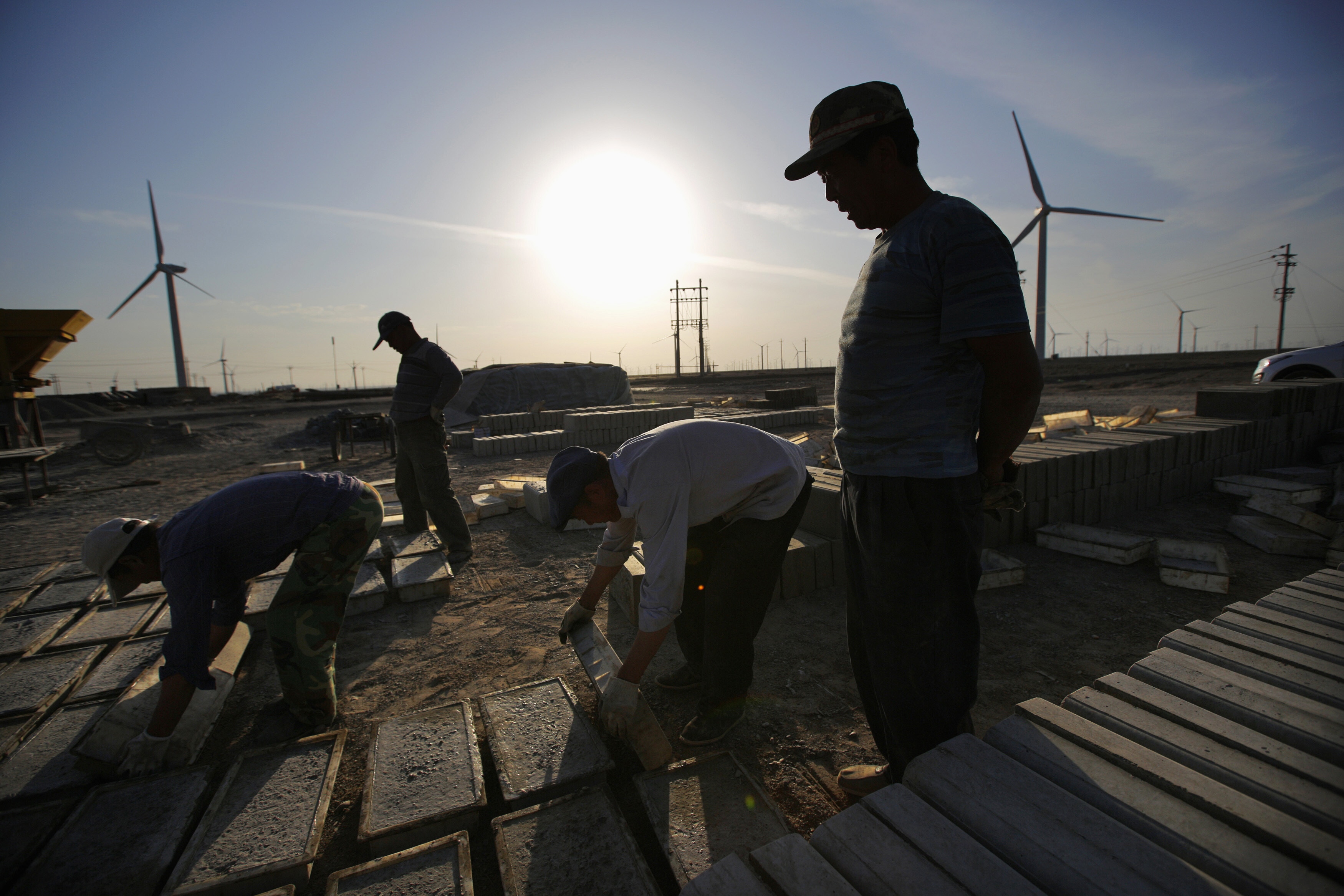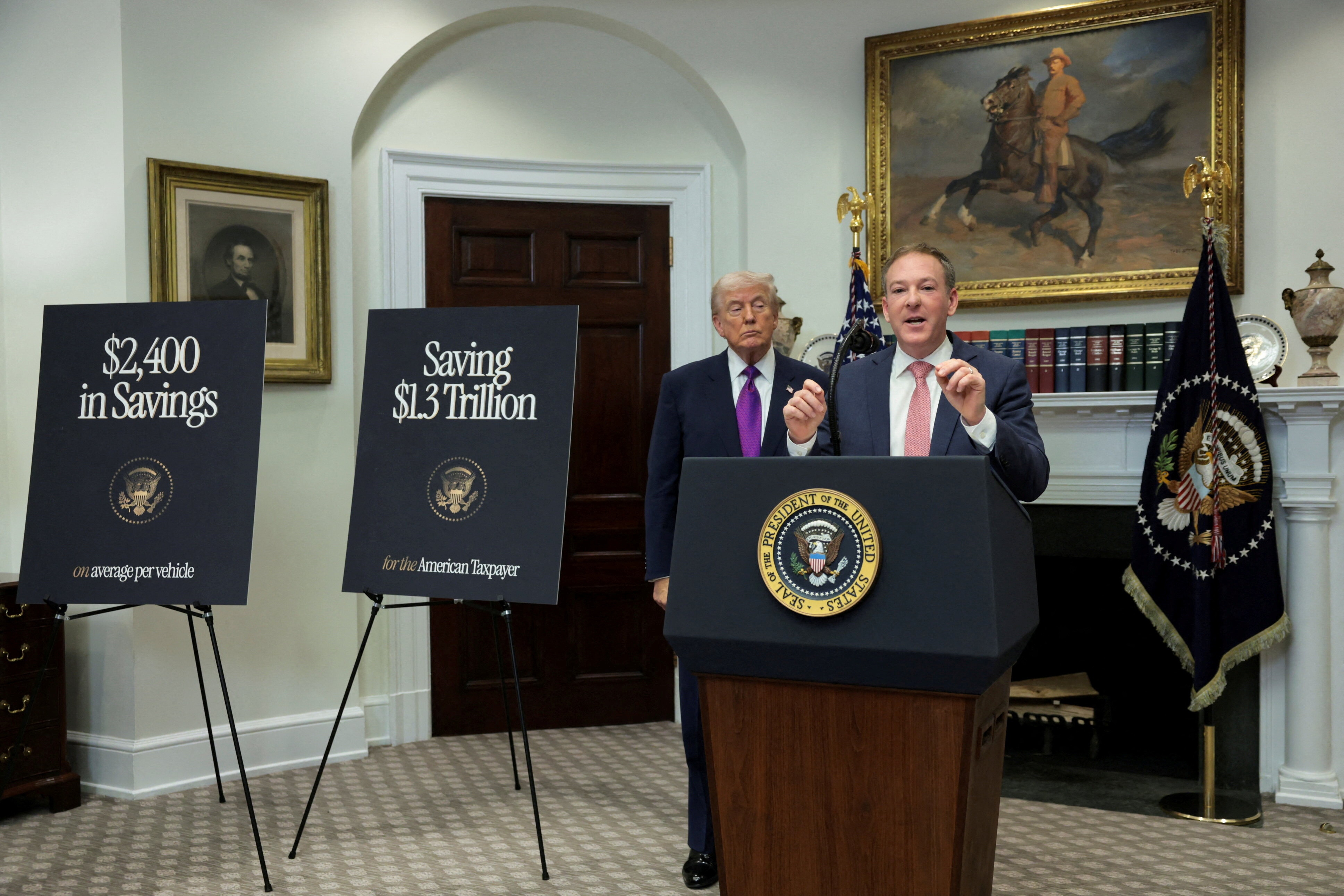July was the hottest month ever – what does that actually mean?

Temperatures reached up to 43 degrees Celsius. Image: REUTERS/Jon Nazca
If it seems like record-breaking temperatures are becoming an everyday occurrence it’s because, right now, they practically are.
So far this year, every month has ranked among the four warmest for the month in question and we’ve lived through the hottest ever June. What's more, July 2019 was probably the most scorching month ever recorded – a full 1.2 degrees Celsius warmer than the average for the pre-industrial era.
But who’s compiling the data, how can they be so sure, and what does it mean for our future?
The latest data, released by the World Meteorological Organization (WMO) and the Copernicus Climate Change Programme, shows the global average temperature for July was on a par with, and maybe exceeded, the record for the hottest month since analysis began.
That information is captured in ERA5, produced by the European Centre for Medium-Range Weather Forecast (ECMWF), a supercharged climate reanalysis that provides hourly data on many atmospheric, land-surface and sea-state parameters together with estimates of uncertainty.
It’s a powerhouse, assimilating around 24 million observations per day at the end of 2018, up from approximately three-quarters of a million per day in 1979. Those include satellite observations, information from ground-based radar observations and data from microwave imagers, alongside many other sources.
Taking the temperature
Even more rigour is applied to the calculations of the historical temperatures, where ERA5 is combined with as many as six other datasets. These include surface temperature information from the National Aeronautics and Space Administration, data from the Met Office and the Climatic Research Unit at the University of East Anglia, calculations from the University of York, a dataset from the Berkeley Earth Surface Temperature Project and some numbers from the Japanese Meteorological Agency.
While these meteorologists haven’t drawn a direct link between the new records and climate change, the pattern is consistent with a warming world caused by greenhouse gas emissions. A spokeswoman for the World Meteorological Organization described the summer's heatwaves in Europe as bearing the "hallmark of climate change."
Government and business leaders are due to discuss these issues in New York next month at the United Nations Climate Action Summit. The Summit is set to deliver new commitments and initiatives to address climate change, including from sectors such as steel, cement and shipping where the low-carbon transition has traditionally been tough. The World Economic Forum is supporting the governments of Sweden and India in these efforts.
Alarm bells
“Many scientists and concerned citizens have been sounding the alarm bell on the climate emergency for some time,” says Emily Farnworth, Head of Climate Change Initiatives at the World Economic Forum. “Now people are actually experiencing what that means. With only a small window of opportunity to act, the UN Climate Action Summit in September will be a pivotal moment for world leaders to determine the future of human civilization.”
Even as awareness increases and the world hots up, more joint action is needed. The Forum’s Climate Initiative provides a global platform for multistakeholder partnerships to help raise ambition and speed up action on climate change.
With the past four years, from 2015 to 2018, now accepted to have been the four warmest on record, the implications for our climate and our future are stark.
More records
July’s figures take on extra significance when you consider they may surpass July 2016, when the hot temperatures were partly due to one of the strongest occurrences of the El Niño phenomenon – a warming of sea surface temperatures in the Pacific. 2019 has not been marked by a strong El Niño, the WMO said.
“While July is usually the warmest month of the year for the globe, according to our data, it also was the warmest month recorded globally by a very small margin,” said Jean-Noël Thépaut, head of the Copernicus Climate Change Service. “With continued greenhouse gas emissions and the resulting impact on global temperatures, records will continue to be broken in the future.”
Don't miss any update on this topic
Create a free account and access your personalized content collection with our latest publications and analyses.
License and Republishing
World Economic Forum articles may be republished in accordance with the Creative Commons Attribution-NonCommercial-NoDerivatives 4.0 International Public License, and in accordance with our Terms of Use.
The views expressed in this article are those of the author alone and not the World Economic Forum.
Stay up to date:
Climate Crisis
Forum Stories newsletter
Bringing you weekly curated insights and analysis on the global issues that matter.
More on Climate Action and Waste Reduction See all
Laetitia Gardé and Marc Delobelle
February 26, 2026








